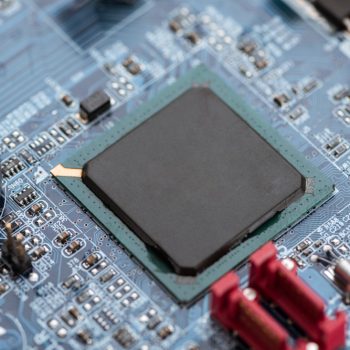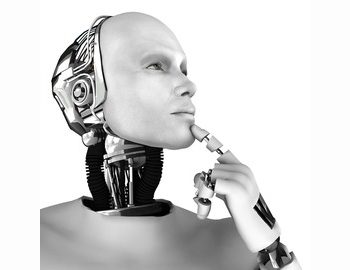
The Internet of Things has arrived and is exploding into the consumer market! Believe it or not, there are more devices connected to the internet than human beings, and “IoT” is a buzzword that refuses to die. Smartphones have given way to smart homes, smartwatches, smart TVs, even smart toilets! IoT is estimated to have an impact of $3.9 trillion to $11.1 trillion per year on the economy, in 2025, according to McKinsey.
Developing smart devices requires not only sophisticated hardware but also complex software. Smart devices can only be a reality due to faster networks, data analytics, and better computing and data technologies. This is the dual challenge that engineers must face. Since the development of IoT products requires testing both software and hardware, simulation is a time-saving solution that allows you to test both at once. As an IoT startup, you can take advantage of the ANSYS startup program, designed specifically with startups in mind.
In order to create the best possible smart products across industries such as aerospace, healthcare, automotive, and many more, engineers must make use of simulation to allow them to test ideas in a low-risk, virtual environment.
Here’s how engineering simulation can help IoT startups realize their full potential:
-
Get a competitive edge
In a fast-paced world where technology is ever-evolving, IoT startups need to test their ideas quickly and release new versions to stay ahead of the competition. This is made possible by simulation software, that allows them to create virtual prototypes.
Simulations help engineers identify flaws earlier in the development cycle, so companies can spend time and money improving their products rather than developing faulty prototypes. The faster they develop prototypes, the easier it is for them to release newer models to the market. This helps them outshine their competition.
-
Create the best possible products
No matter what kind of IoT device you’re working on, be it medical equipment, wearable consumer devices, or industrial equipment, creating the best possible products is of the utmost importance. Faulty products might endanger a consumer’s life, so there’s no room for error. Several industries such as automotive, aerospace and healthcare have high safety standards that your product must meet. In order to navigate these challenges and create high quality products, engineers can make use of simulation.
Why is simulation so effective in developing world-class products?
Because simulation helps startups virtually preview how their products would perform in the real world. Simulation also allows engineers to process large amounts of complex data and provides them with reliable code and software that they can use. On the hardware side, if there are any faults in their design, simulation can identify them early on while the cost of making changes is still low.
-
Test ideas virtually, no matter how complex
As a startup, testing multiple physical prototypes is a waste of time and money. But an increasingly complex IoT domain requires that ideas are tested several times before the actual product is launched. How can startups navigate this challenge while also keeping costs low?
Simulation is the answer. Simulation allows engineers to quickly test several ideas virtually. They can see early on if there are any flaws in their design, how their product will behave in the real-world, and gauge the scope of improvement. Problems identified at an early stage are also easier to resolve as compared to identifying problems at a later stage that can lead to cost and design overruns; all this in a low-cost, virtual environment.
Using simulation, startups can quickly refine ideas and launch products in the market before their competition does.
-
Collaborate easily with your team
Smart devices have also made the development and design process more cross-disciplinary. This means that engineers from various fields are required to collaborate in order to create a cohesive product that functions well on all levels.
This requires simulation software that provides engineering capabilities for different disciplines and allows for easy collaboration. For instance, ANSYS simulation software provides an integrated platform for engineers from various fields to collaborate.
This is critical since research shows product development teams that have a single simulation driven platform are 33% more likely to meet their development goals. They also enjoy reduced development cost by 2.5 times and complete projects 7 times faster. In a highly-competitive business environment, these stats can make all the difference to your startup.
As you can see, engineering simulation can help your IoT startup develop a product that is safe and reliable, and provide your team with a platform for collaboration. If you’re looking for a quality simulation program for startups, check out the ANSYS Startup Program.

